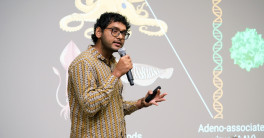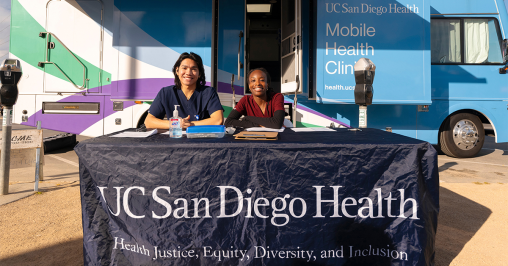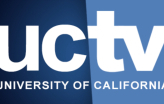UC San Diego Researchers Develop New Tool to Predict How Bacteria Influence Health
UC San Diego researchers have developed a new computational tool to predict how bacteria influence health by creating fast and powerful models of complex genetic and metabolic interactions. The tool could pave the way to personalized therapies for diseases that affect the microbiome.

















